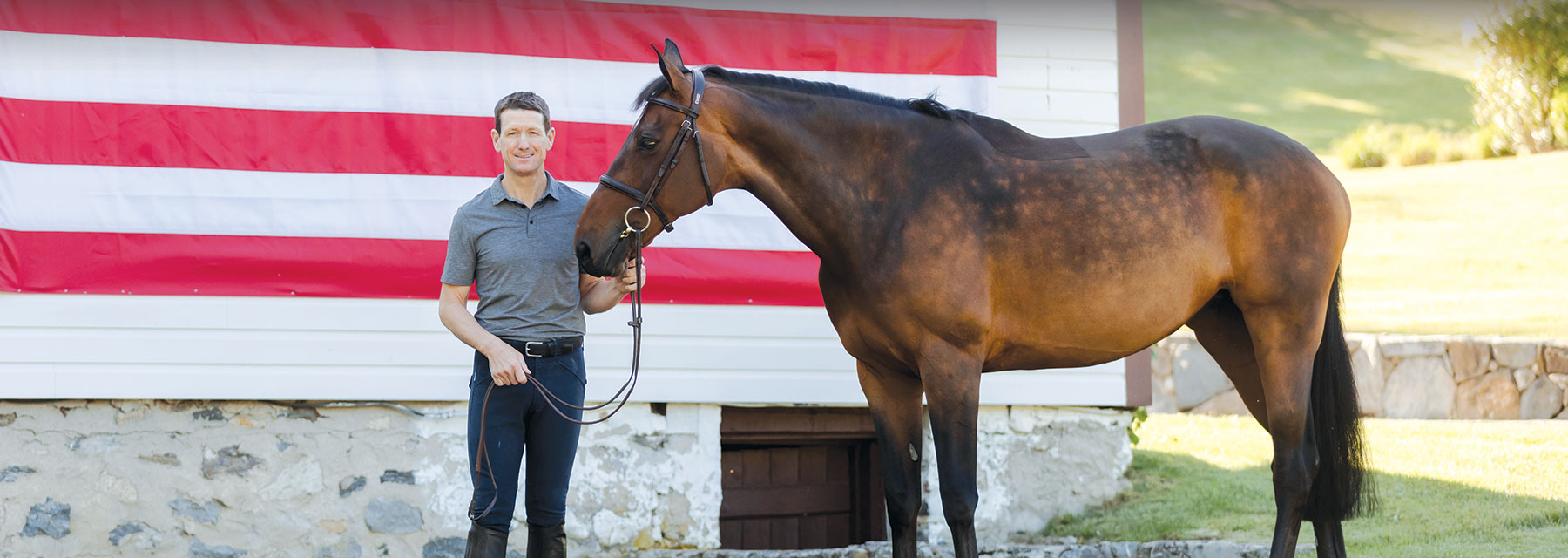Horse Health, Nutrition & Performance
Feeding & Wellness
Digestive Health
Event & Program Spotlights
Hoof Health
Joint Health & Performance
Reproduction & Fertility
Seasonal & Specialty Topics
Stories of Inspiration
NEW Platinum Performance® Podcasts
It Starts Within
Platinum Podcasts provide inspiring stories and interviews on the latest advancements in equine health and treatments. You’ll hear from elite competitors, innovative researchers and the veterinarians that devote their lives to horses and the humans that love them.
Subscribe















































































































































































































